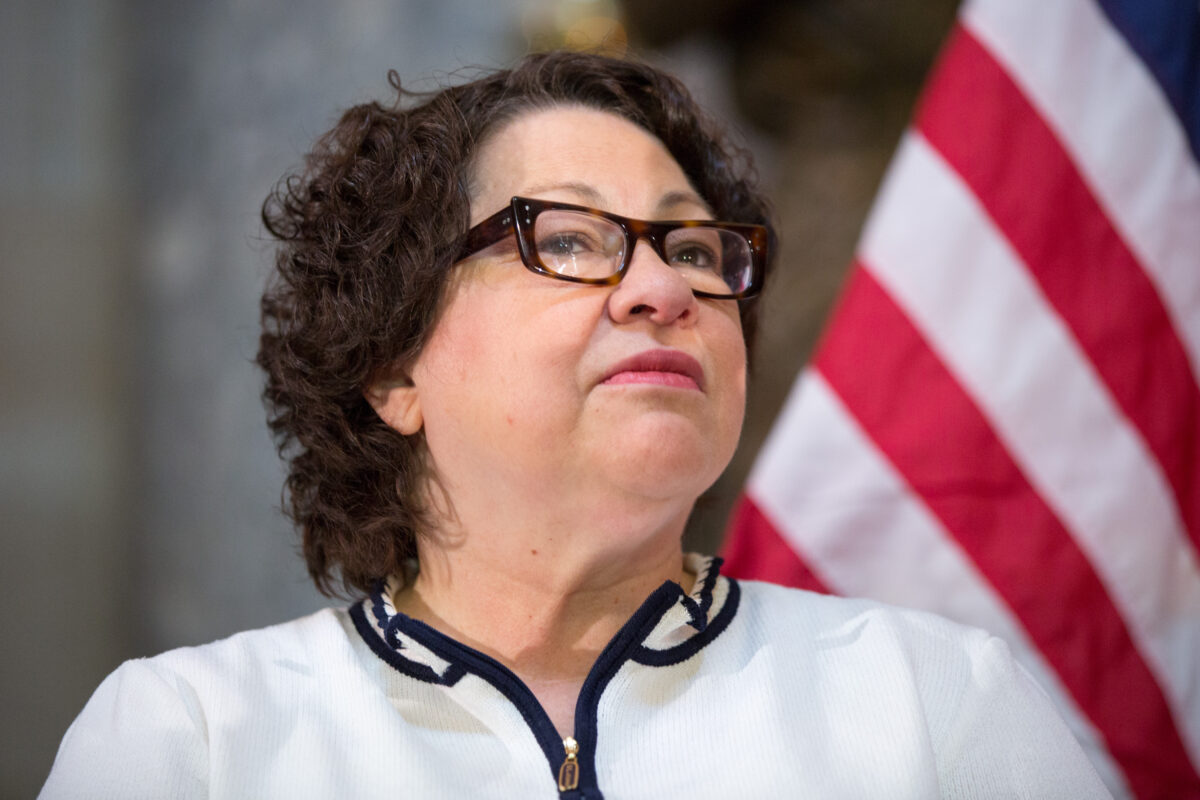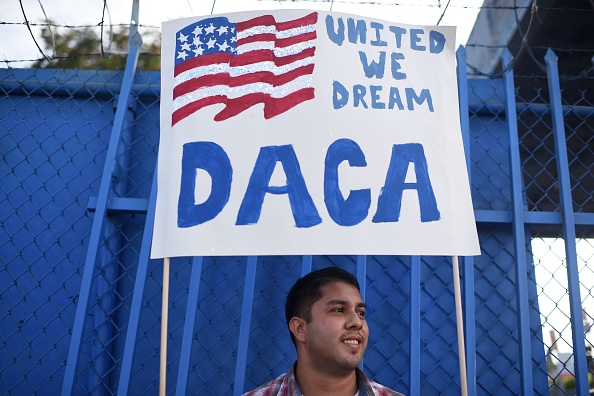
Raising The Bar: Law School Takes Bold Stance — No LSAT Scores Below 142!
It's somewhat terrifying to realize law schools are coming UP to this standard.

It's somewhat terrifying to realize law schools are coming UP to this standard.

A fifth New York law school will now accept the GRE for admission.

Proper trust accounting and three-way reconciliation are essential for protecting client funds and avoiding serious compliance risks. In this guide, we break down these critical processes and show how legal-specific software can help your firm stay accurate, efficient, and audit-ready.

The GRE heads to Florida!

Is the GRE expanding its footprint to Greenwich Village?

This won't be the last law school to accept the GRE.

* Paramedics rushed to Justice Sonia Sotomayor's apartment on Friday after the diabetic jurist experienced a low blood sugar episode. She was not hospitalized, and went to work because she's "doing fine." Somewhere, President Trump is cackling gleefully about one of his predictions. [POLITICO] * After a months-long drought, the Supreme Court will finally issue some opinions today. This is the slowest the high court has been in issuing opinions since 1868. Did Justice Neil Gorsuch’s arrival on the bench set SCOTUS efficiency back by 150 years? [Big Law Business] * Taylor Weyeneth, the 24-year-old who was recently appointed by Trump to be the nation’s deputy drug czar, is just like most Trump appointees without any experience. His résumé full of “errors,” and he forgot to mention that he lost his job at a law firm after not showing up. [Washington Post] * “Even though David Boies has the energy of a 4-year-old, he is in the twilight of his career,” so a new generation of partners at the firm are preparing to move Boies Schiller into the future after Boies and Jonathan Schiller step back from their active leadership roles. [American Lawyer] * A Dentons partner whose firm was gobbled up by the Biglaw behemoth last year has been suspended and placed on a leave of absence after word of his alleged inappropriate sexual behavior with female employees at his legacy firm for around to management. [American Lawyer via RollOnFriday] * California has been going after the LSAC for years over its disability accommodations for people who want to take the LSAT, and now the state wants the council to be held in contempt. LSAC thinks California needs to study reading its comprehension. [The Recorder] * Are you ready for some disparaging team names in football?! Many people are likely to continue calling them the “Washington team,” but in the wake of the Matal v. Tam Supreme Court case, the Fourth Circuit has officially vacated the decisions that canceled the Washington Redskins’ trademark registrations. [USA Today Sports]

Legal expertise alone isn’t enough. Today’s most successful firms invest in developing the skills that drive collaboration, leadership, and business growth. Our on-demand, customizable training modules deliver practical, high-impact learning for attorneys and staff—when and where they need it.

* The Trump administration is planning to ask the Supreme Court for assistance in dismantling DACA. That is, because "[i]t defies both law and common sense" that a "single district court in San Francisco" has halted the Trump's plans, the Supreme Court must intervene. [Washington Post] * Unlike the vast majority of law review articles, here's one you may actually care about: According to the Harvard Law Review, Trump's tweets aren't law. We're thrilled to report this isn't fake news. [National Law Journal] * Some law schools are moving full steam ahead in their quest to accept the GRE over the LSAT for admissions purposes, but not this one. Marquette is going to sit around and wait for the ABA to make a decision before it does anything. [Marquette Wire] * Twenty-two state attorneys general have filed suit against the FCC in an effort to stop the repeal of net neutrality rules. Cross your fingers that something good happens here before your bill for internet access goes up. [San Francisco Chronicle] * Facing a $4.4 billion budget deficit, Governor Andrew Cuomo wants New York to pay for a study to see what the health, economic, and criminal justice impacts of legalizing recreational marijuana would be in the state. [New York Law Journal] * Yesterday, New Jersey lawmakers unanimously voted to approve former Bergen County Prosecutor Gurbir Grewal's nomination to be state attorney general. Grewal is the first Sikh attorney general in U.S. history. Congratulations! [NJ.com]

Two schools are slow-playing the change.

Taking the GRE plunge is all the rage for law schools.

Is your law school on the list?

Swing by Booth 800 for a look at the latest in AI-powered case management.

Welcome to the GRE party.

The GRE's quest for law school domination continues.

Which Lone Star State law school will accept the GRE?

Schools don't want to be left behind for this admissions cycle.

* Per recently filed FEC paperwork, the Republican Party's campaign arm has severed financial ties with would-be Alabama senator Roy Moore thanks to his allegedly pervy predilections. If there's no grass on the field, the GOP won't play ball, but this man will probably still be elected. [The Daily Beast] * Starting today, members of the public will be able to access briefs and relevant case documents from the Supreme Court's website for the first time in history. This will be pretty cool for a day or two, and then people will go back SCOTUSblog, to the OG of high court documentation. [Washington Post] * After seeing a five-year nose-dive, the number of LSAT-takers has ticked upwards ever so slightly over the course of the past two years. Law schools are probably thrilled given the dearth of quality applicants, but this is likely little comfort for the LSAC given the unexpected rise of the GRE. [Law.com] * Late last week, a judge ruled favorably for Kerrie Campbell in a discovery dispute in her gender bias case against the now-defunct Chadbourne & Parke. Campbell will be able to review the personal email accounts of the firm's former leaders for any documents relevant to the case. [American Lawyer] * A 12-year-old girl who suffers from debilitating seizures and was forced to move from Texas to Colorado for treatment is suing Attorney General Jeff Sessions in an effort to legalize medical marijuana nationwide. The government has already lost its first motion to dismiss her case. [The Hill]